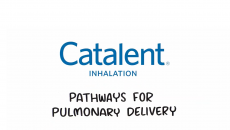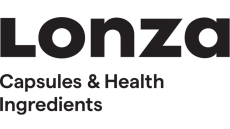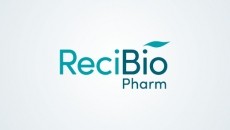Cationic lipids deliver siRNA to tumours
limitations of using RNA interference (RNAi) or gene silencing as a
systemic treatment.
The company has successfully used a liposomal carrier called NeoPhectin-AT to deliver a small interfering RNA (siRNA) compound to switch off c-raf, a gene involved in tumour development, in mice given the drug by injection.
siRNA has emerged as a valuable tool for drug discovery and research but, as with antisense before it, difficulties in getting the compounds to where they are needed in the body has held back its development as a therapy.
NeoPhectin-AT is based on a cationic cardiolipin platform, but seems to lack the toxicity and variability in take-up that has been encountered using other cationic liposome-based delivery systems for nucleic acids.
The company reported at the 2004 American Association for Cancer Research (AACR) annual meeting that Neophectin-AT, also called PCL-2, enhanced transfection and reduced the toxicity seen with a leading in vivo transfection reagent.
Neopharm tested the in vivo transfection efficiency of NeoPhectin-AT was tested in male mice gien the drug via intravenous tail vein injection. Using a reporter gene (luciferase) as a market, the study showed that the transfection efficiency of NeoPhectin-AT was five-fold higher than a rival commercial product in achieving expression of the siRNA sequence in lung tissue. It was also found to be less toxic.
Moreover, therapeutic efficacy of c-raf siRNA using NeoPhectin-AT indicated a reduction in tumour size in a mouse model known as SCID (severe combined immunodeficiency disorder), which spontaneously develop multiple tumours.
By incorporating nucleic acids or other compounds into liposomes, the toxicity of the drug may be reduced, therapeutic efficacy or potency of the drug is maintained, and in some cases, more of the drug can be administered and reach the tumour, resulting in a better therapeutic effect.
"This is the first study to demonstrate the potential therapeutic benefit of systemic delivery of siRNA using NeoPhectin- AT," said Neopharm in a statement.













